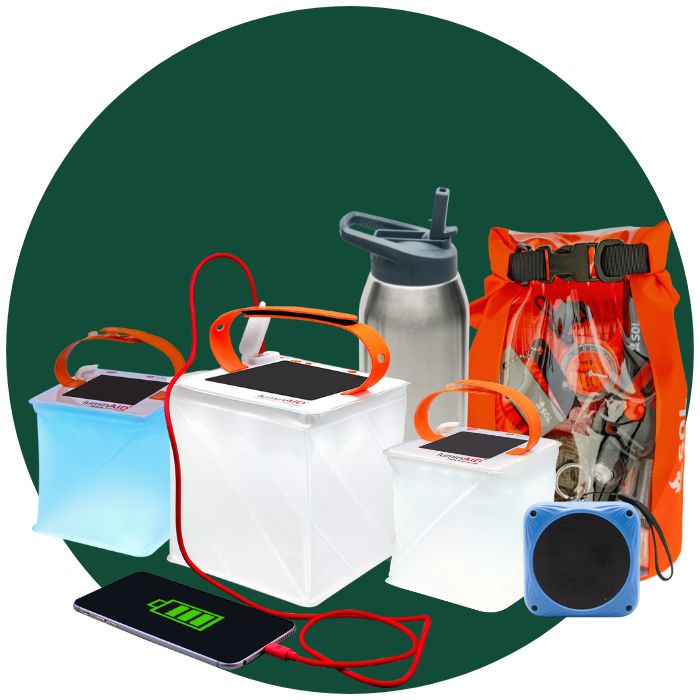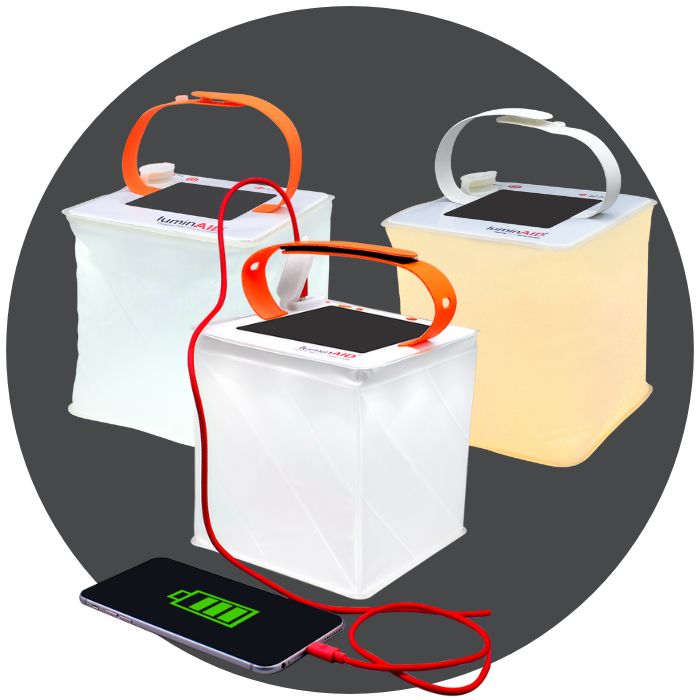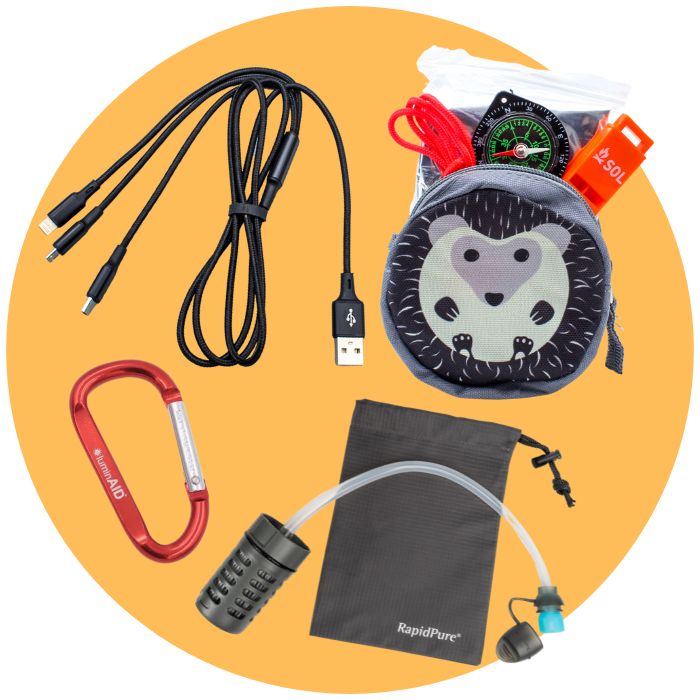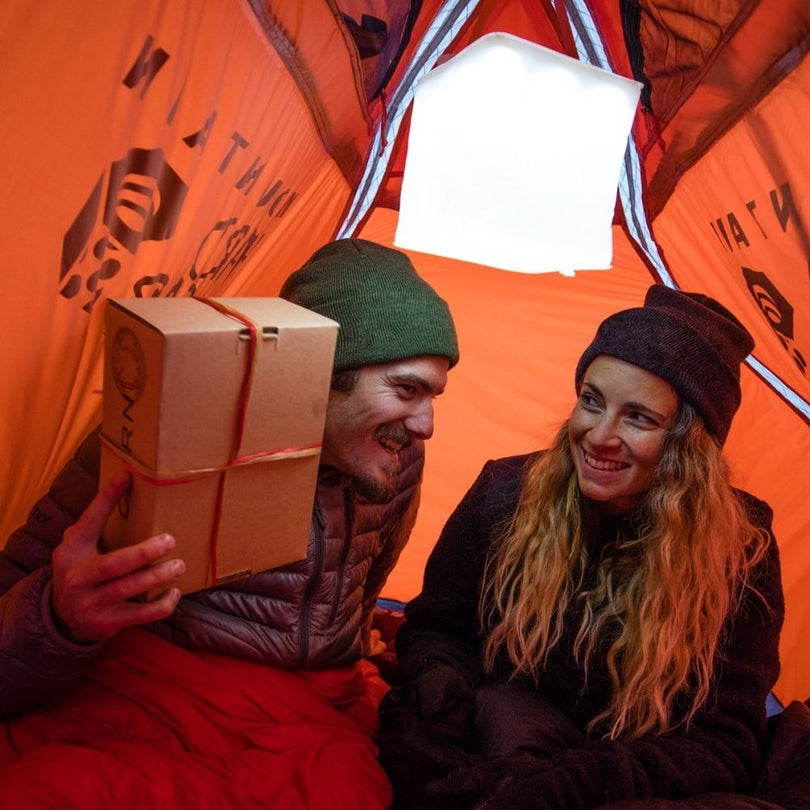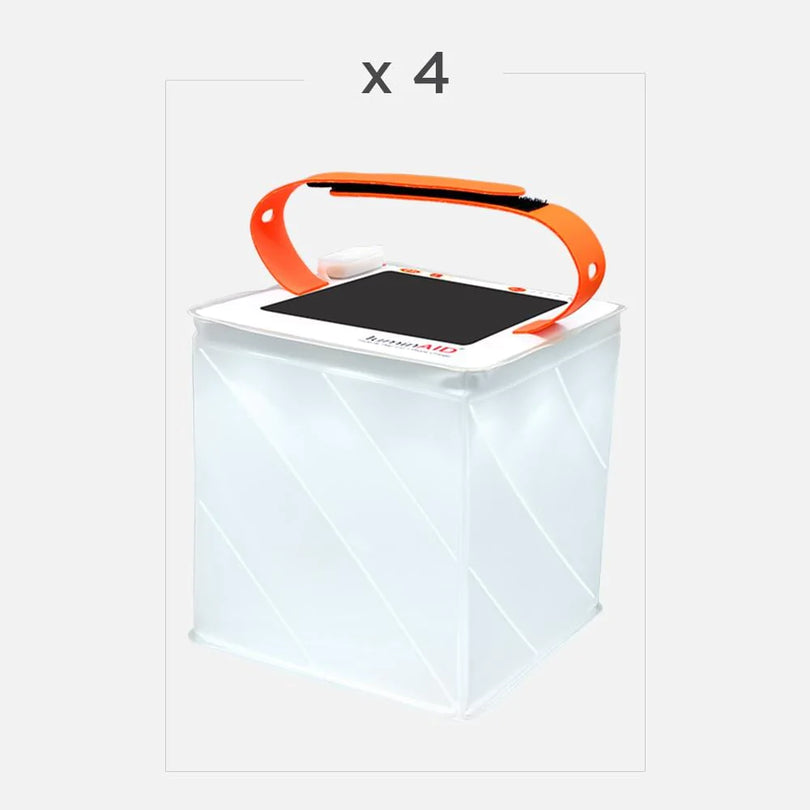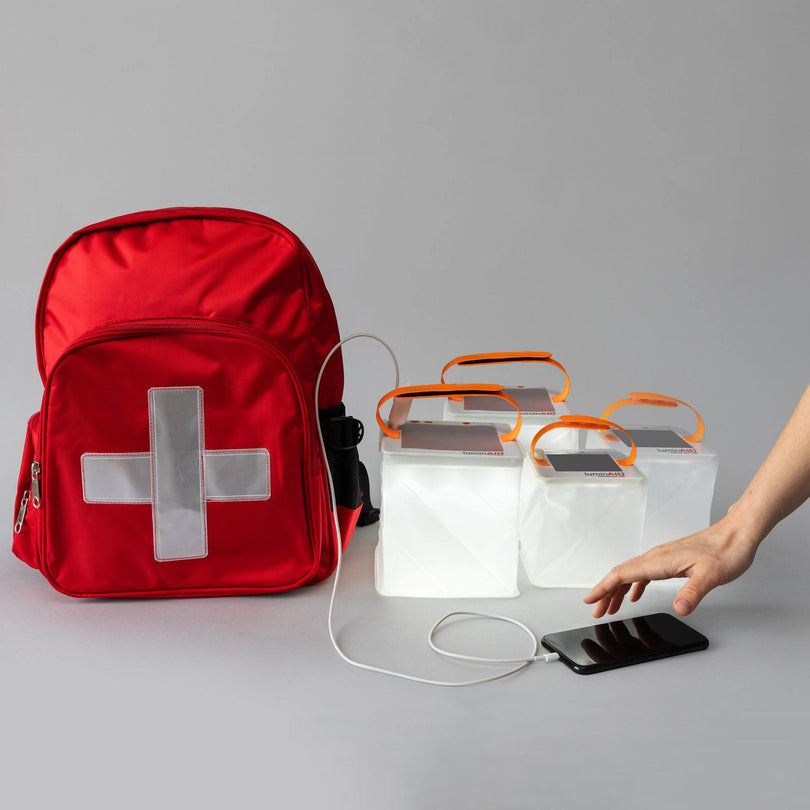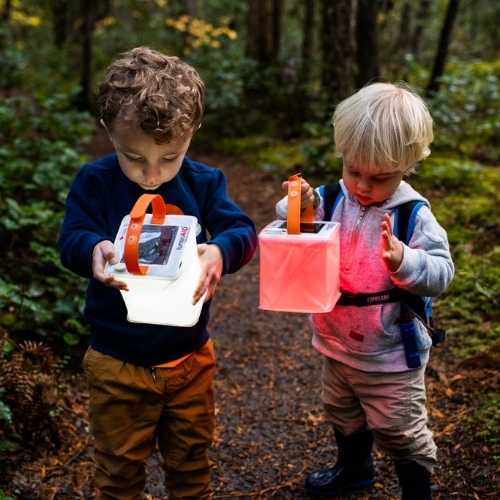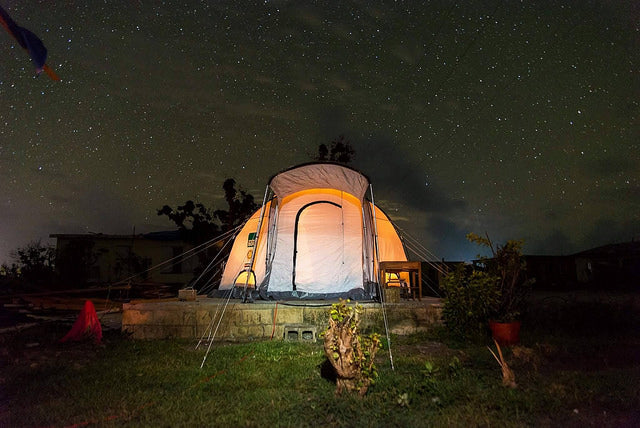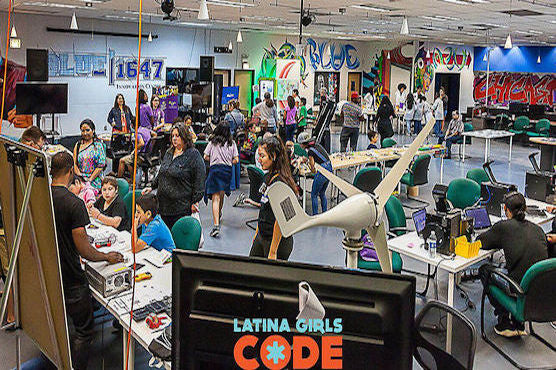One under-studied result of access to safe lighting is its positive impact on women and girls. Access to solar light offers more time for education, reduces manual labor that particularly affects girls and women, allows female artisans to work comfortably and safely, and reduces dangerous household fumes produced by fuel-based lighting sources. Further, LuminAID solar lights are used to illuminate safe spaces for women and children in recovery centers and for medical services.

LuminAID lights illuminated the UNFPA's Female Friendly Spaces in Nepal
In low- and middle-income countries, girls share a disproportionate burden of families’ fuel and water collection. In some areas, this work can amount to 30 hours each week. Solar lanterns reduce the amount of time spent collecting firewood or fuel for household lighting—freeing up time for women and girls. This time can then be spent on education, or craft-making and artisanship—activities which increase women’s intellectual and economic independence.
 A woman distributing medical aid after a devastating earthquake in Mexico
A woman distributing medical aid after a devastating earthquake in Mexico
The solar lanterns here are an asset, since these craft-making activities require safe and sufficient lighting. When kerosene lanterns are used, these artisans struggle from eye strain and exposure to fumes from close proximity to weak and toxic lighting. Women and girls in particular are more likely to spend time indoors, increasing their exposure to poor indoor air quality linked to kerosene lantern use. In contrast, LuminAID solar lanterns are safe and offer strong and consistent lighting, with several lighting levels for artisans to choose the light level appropriate for their work.
Further, more free time means more time that can be spent on pursuing studies. The safe and renewable light from LuminAID lights allows women and girl to continue studying after sunset, and can transform girls' access to education opportunities.

Girls studying in Senegal with their portable LuminAID lights
Partnering with organization such as UNFPA Nepal have allowed LuminAID to integrate safe lighting into campaigns that foster women’s health and safety following disasters. With UNFPA Nepal, LuminAID lanterns were a part of the Female Friendly Space program, which gave basic hygiene and safety items to women left vulnerable after a disaster. UNFPA Nepal also provided a space for the women to gather and talk to medical and mental health professionals. Women using the LuminAID solar lanterns reported increased feelings of safety at night, particularly when using the outdoor latrine at night. LuminAID solar lanterns have also been used in rural maternity wards with limited to no electricity, helping doctors and mothers safely deliver and care for babies after dark.
Get involved with LuminAID's Give Light Get Light program to support bright futures for girls worldwide. 
Studying after sunset in Nepal by LuminAID solar light
Sources
Perkins, Sam. "Light impacts SGBV, but not in the way you think." UNHCR Innovation. August 5, 2015. Accessed July 23, 2017. http://www.unhcr.org/innovation/light-impacts-sgbv-but-not-in-the-way-you-think/.
World Health Organization (WHO). Burning Opportunity: Clean Household Energy for Health, Sustainable Development, and Wellbeing of Women and Children. 2016.

